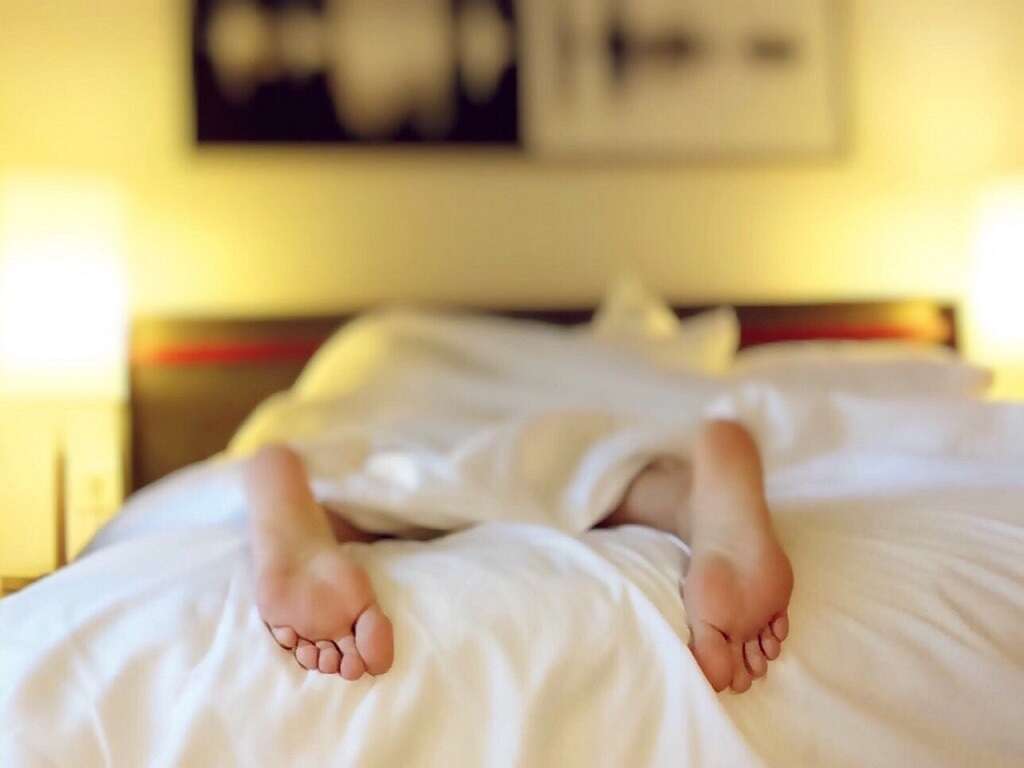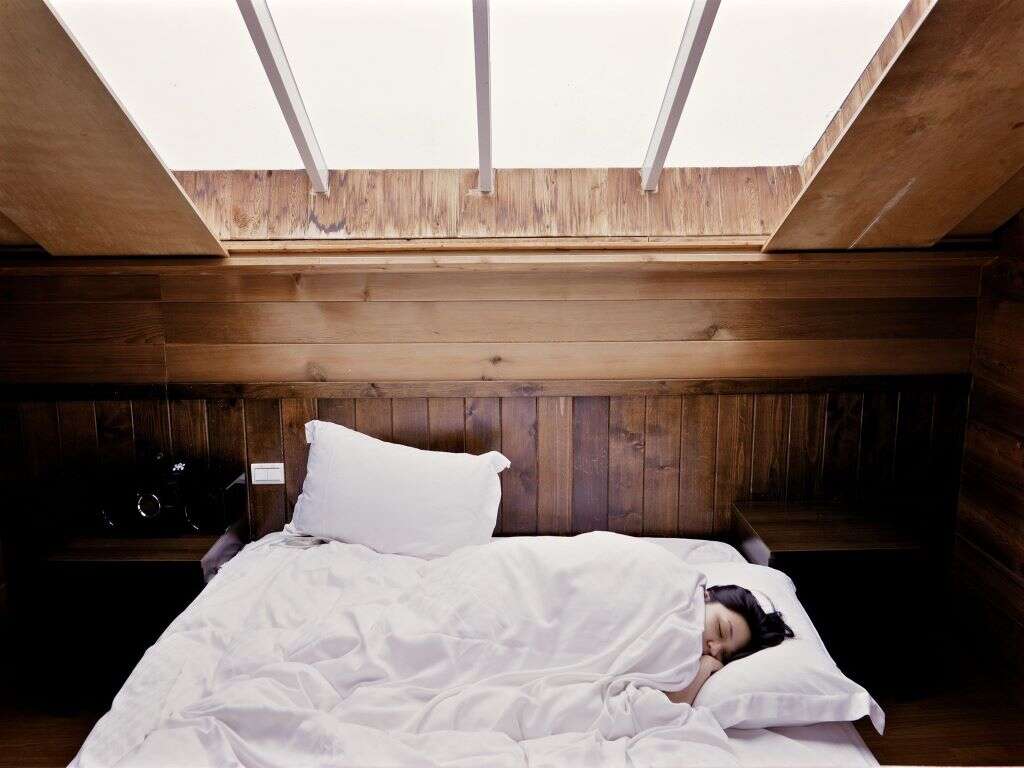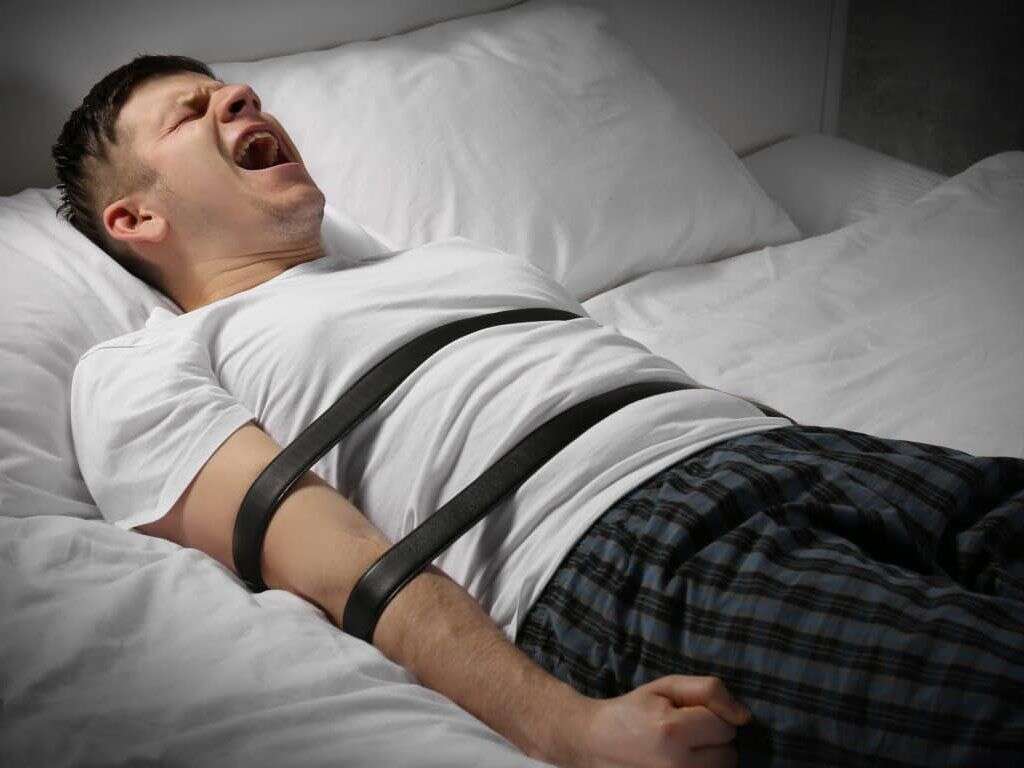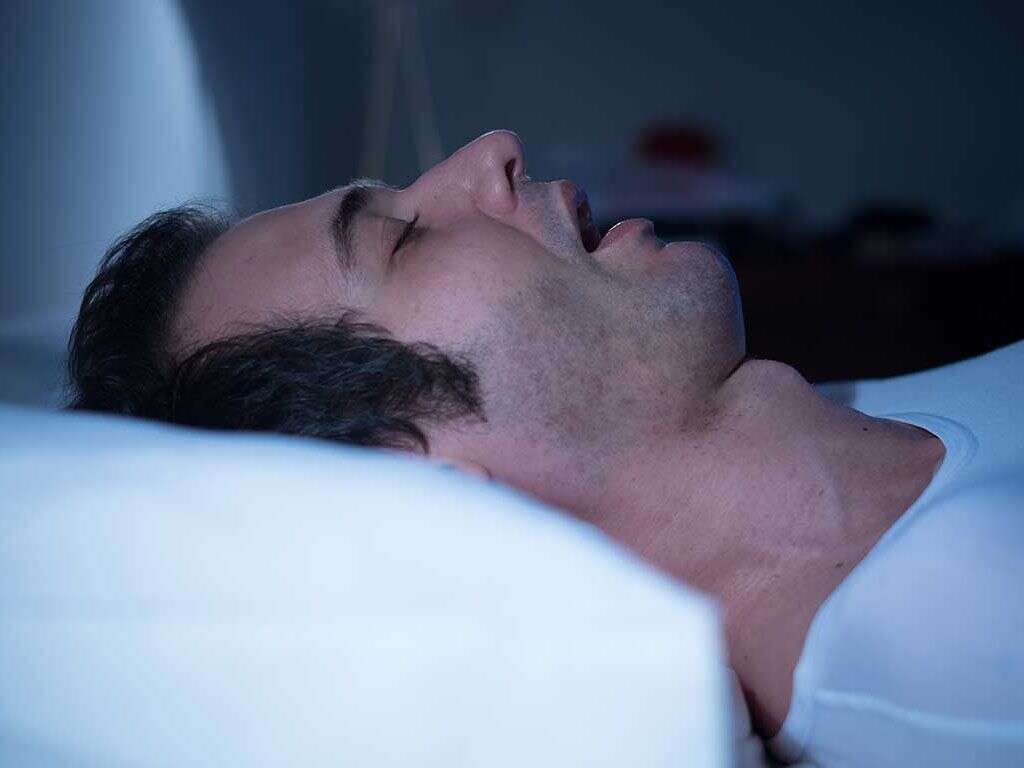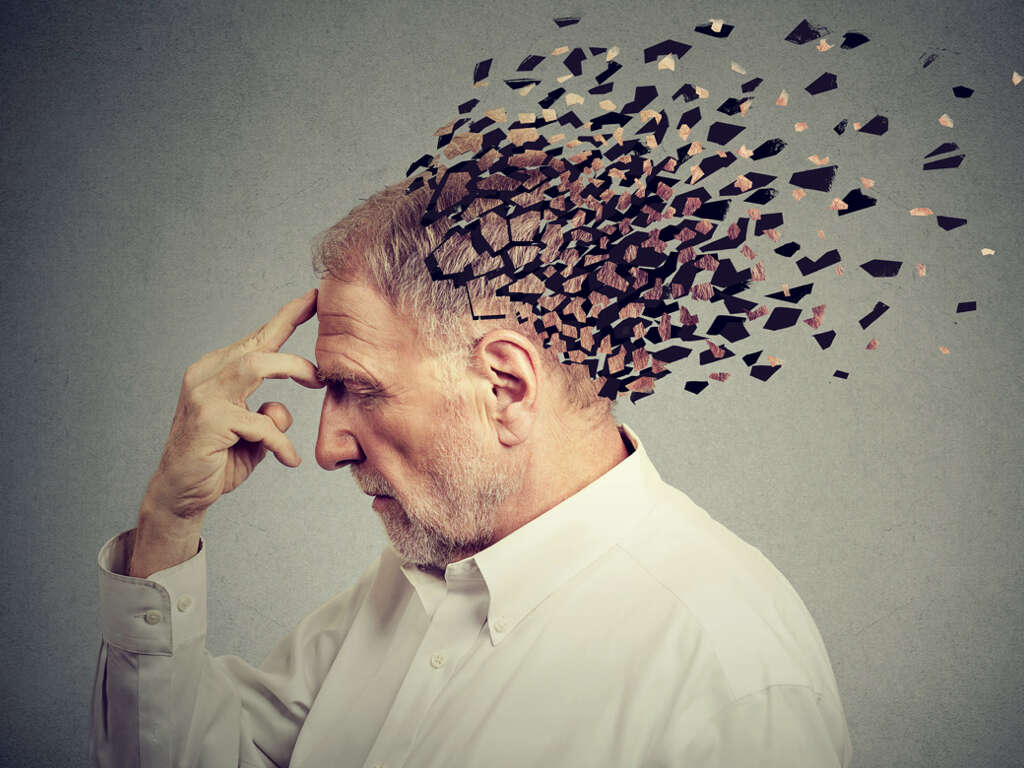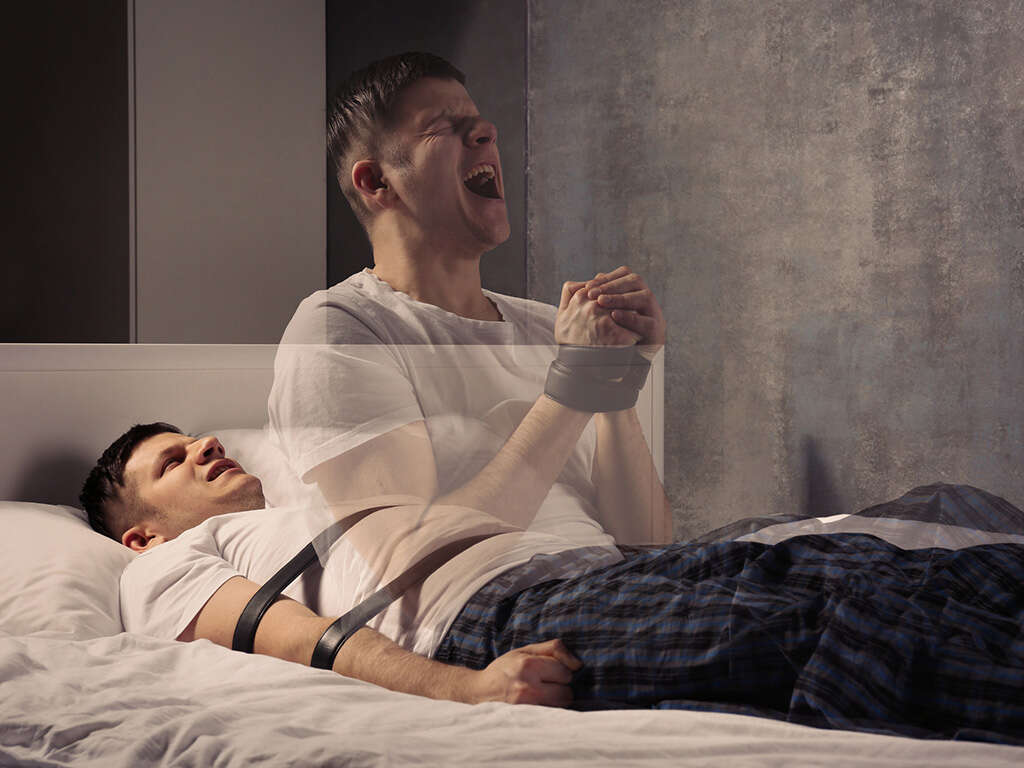10 Sleep Paralysis Symptoms
Sleep paralysis is characterized by the temporary loss of muscle control known as atonia. This usually happens just after falling asleep or just upon waking. Because individuals remain aware when this happens, it can bring on some distressing symptoms. Although anyone can experience sleep paralysis, it usually shows up somewhere between childhood and young adulthood.
Sleep paralysis is thought to be connected to the rapid eye movement (REM) stage of the sleep cycle. This type of abnormal behavior during sleep is called parasomnia. It's a benign disorder, although it can induce anxiety and fear. Here are 10 symptoms to help identify sleep paralysis.
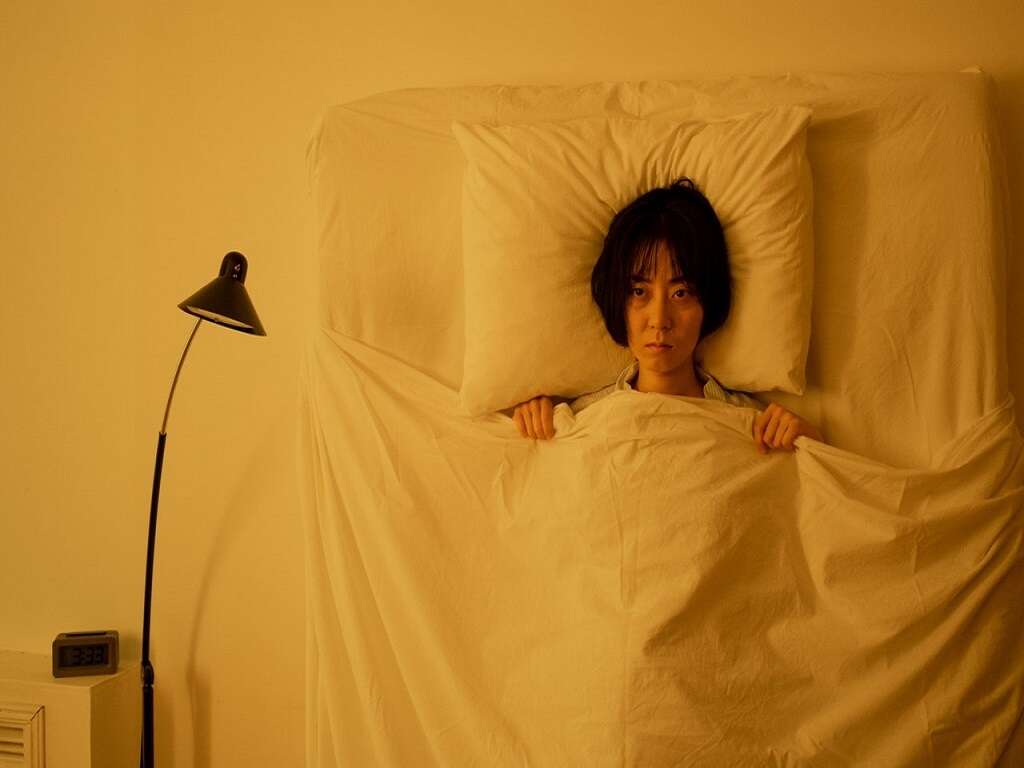
Inability To Move
The hallmark symptom of sleep paralysis is the inability to move. This happens just after waking up or just before falling asleep. Individuals feel awake and are aware of the loss of muscle control. This temporary loss of movement can last from a few minutes to around 20 minutes but is thought to be harmless with no lasting effects.
It usually doesn't happen frequently enough to cause health problems, although a small percentage of individuals may experience frequent episodes. Unfortunately, scientific evidence is inconclusive regarding ideal treatments for sleep paralysis.
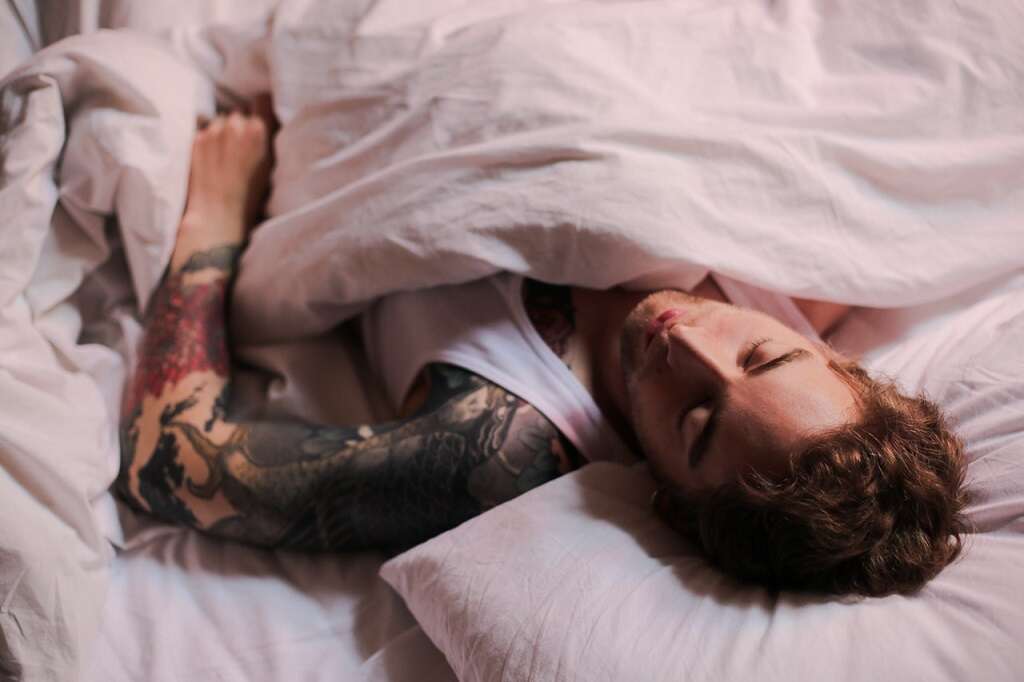
Intruder Hallucinations
Individuals may experience intruder hallucinations along with the inability to move. This is the perception that there is a dangerous person or intruder in the room. These hallucinations, which are usually perceived as shadowy figures, are seen across cultures.
For most people, these hallucinations trigger fear, but a small percentage of individuals experience blissful or pleasant hallucinations. Interestingly, a person's cultural context has been found to play a significant role in whether the hallucinations are fearful or pleasant.
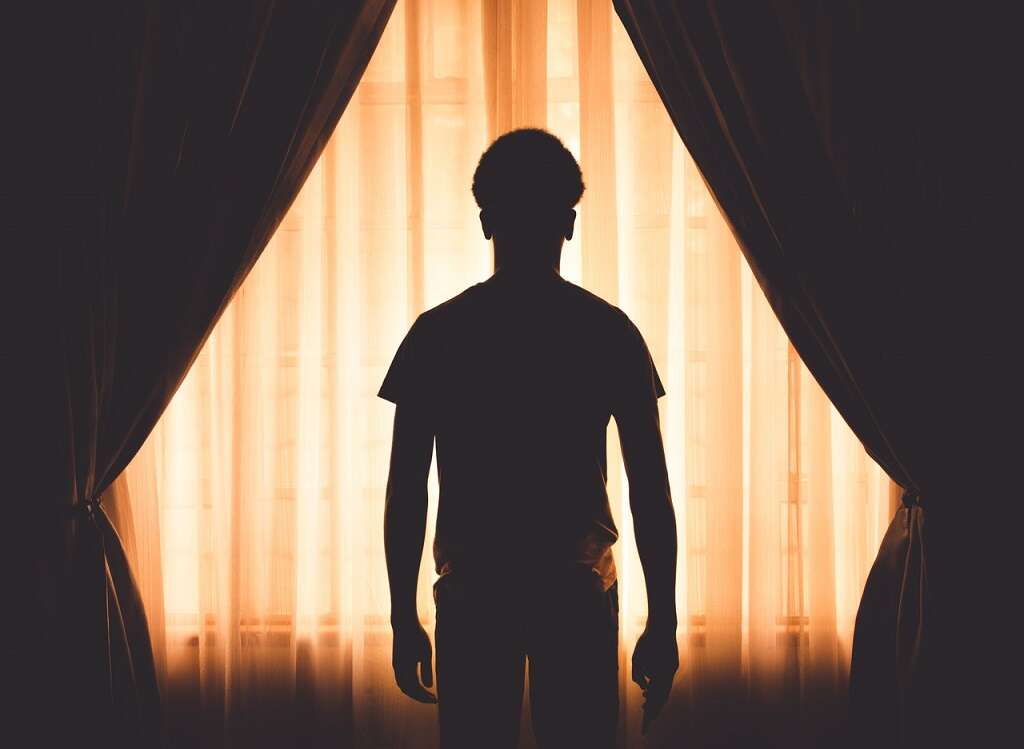
Chest Pressure Hallucinations
Chest pressure hallucinations are also known as incubus hallucinations due to the fact that they incite a feeling of being suffocated by an evil being. Frequently, these occur alongside intruder hallucinations. Individuals sensing a being in the room may also sense the physical pressure of its perceived touch.
The weight, smell and sight of these perceived beings can trigger tremendous amounts of anxiety. Although more research needs to be done, it's thought that genetics plays some role in sleep paralysis.

Vestibular-Motor Hallucinations
Vestibular-motor hallucinations may include feelings of flying or other out-of-body experiences, such as floating. This type of hallucination usually occurs on its own, not along with intruder or chest pressure hallucinations.
These sensations are often thought of as erotic and blissful. Individuals may confuse vestibular-motor hallucinations with lucid dreaming, which is different, although possibly linked. An estimated 75 percent of sleep paralysis episodes involve hallucinations that are distinct from typical dreams. As with atonia, these can occur when falling asleep or waking up.

Sleeplessness
The fear of having another sleep paralysis episode may interfere with a good night's rest, which could actually trigger more sleep paralysis. It's thought that sleep paralysis episodes may occur more frequently during periods of sleep deprivation.
This is unfortunate since sleep deprivation is a symptom of sleep paralysis due to the anxiety induced by having terrifying hallucinations and the inability to move or speak. It can feel like an endless cycle.

Isolated Episodes
Isolated episodes of sleep paralysis take place when the sleep paralysis is not associated with narcolepsy. Narcolepsy is a neurological disorder that prevents individuals from being able to control wakefulness. It's an extreme tendency to fall asleep in almost any surrounding and is associated with sleep paralysis and other sleep disorders.
Isolated sleep paralysis won't affect sleep or health, in most cases. An individual who experiences anxiety or loss of sleep due to sleep paralysis might choose to speak to a medical professional.

Recurring Episodes
Some individuals may have multiple episodes of sleep paralysis over time. In many cases, these isolated and recurring forms of sleep paralysis combine to create a condition called Recurrent Isolated Sleep Paralysis, or RISP. This involves ongoing episodes of non-narcolepsy related sleep paralysis.
People with narcolepsy or mental disorders, such as bipolar disorder and post-traumatic stress disorder, may experience sleep paralysis more frequently than those without these types of disorders.

Inability To Speak
The inability to speak during an episode of sleep paralysis can be terrifying, particularly if one experiences hallucinations. Scientists believe that the inability to speak, along with the inability to move, is due to sleep inertia.
Sleep inertia is the phenomenon of the body waking up before the body's sleep mechanisms have caught up. Lack of sleep or having irregular sleep patterns can trigger episodes of sleep paralysis and sleep inertia.

Sleep Disorders
Although sleep paralysis isn't harmful, frequent episodes have been linked to sleep disorders such as narcolepsy, sleep apnea and restless leg syndrome. A sleep specialist may be able to treat these disorders. Many people who have sleep paralysis don't have narcolepsy or any other sleep problems.
Rates of recurrent sleep paralysis have been difficult to decipher due to the similarities it has to other sleep disorders, substance use and other potential problems and disorders.
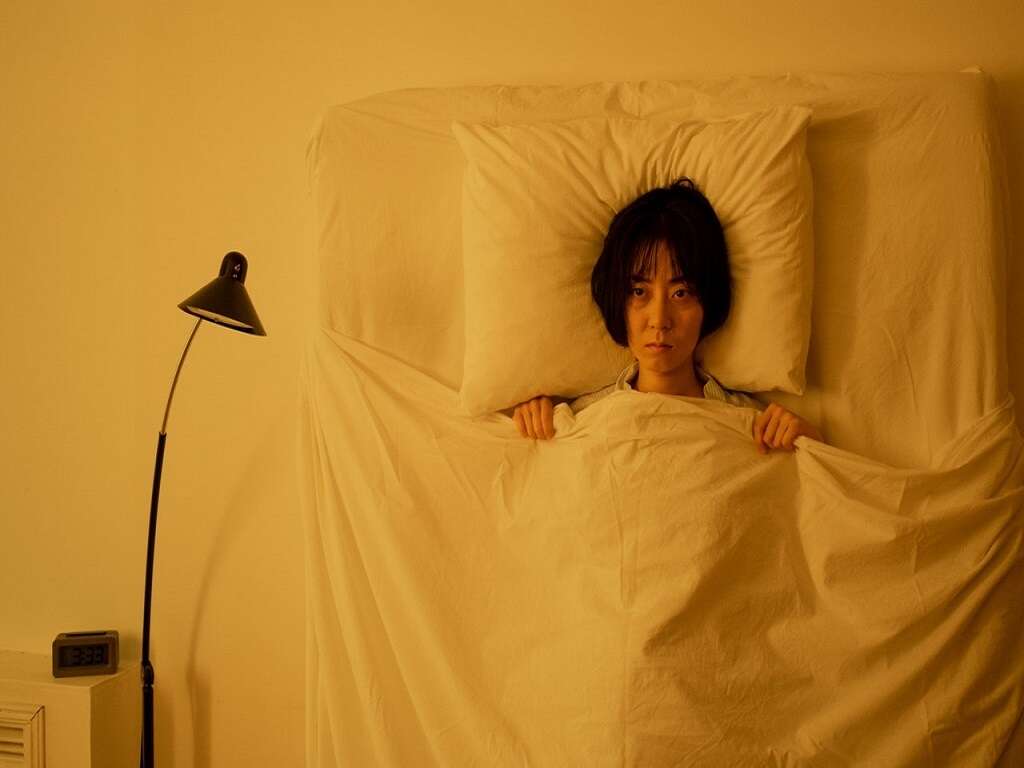
Stress
Stress is an important, yet tricky, symptom associated with sleep paralysis. There seems to be a cycle among sufferers of sleep paralysis as it relates to stress. Anxiety and related disorders, such as panic disorder and post-traumatic stress disorder seem to be frequent precursors to sleep paralysis. However, having sleep paralysis often evokes anxiety and other stress-related symptoms.
If these symptoms are worrisome, visiting a doctor or therapist may be beneficial. There may be helpful medical treatment options as well as various types of therapy.





